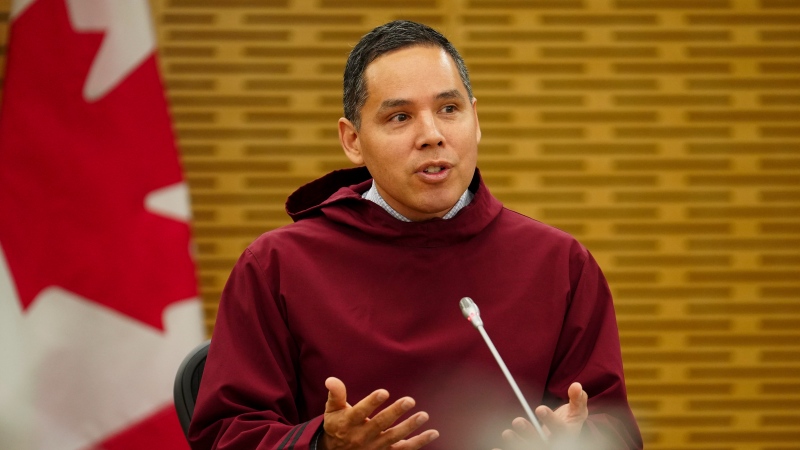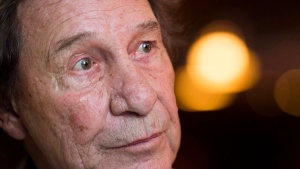A self-identifying Indigenous group has received a staggering $74 million in federal funding, sparking controversy and calls for change from Inuit leader Natan Obed.
According to a report by the Canadian Press, the group, known as the Congress of Aboriginal Peoples (CAP), received the funds from the federal government over the past five years. This amount is significantly higher than the funding received by other Indigenous groups, such as the Inuit Tapiriit Kanatami (ITK) and the Assembly of First Nations (AFN).
Obed, who is the president of ITK, has expressed concern over the disproportionate amount of funding received by CAP. He argues that the group does not represent the majority of Indigenous peoples in Canada and that their funding should be re-evaluated.
In a statement, Obed stated that “the current funding model is not reflective of the diversity of Indigenous peoples in Canada and does not adequately support the needs of Inuit and other Indigenous groups.”
CAP, on the other hand, defends their funding, stating that they represent a significant number of Indigenous peoples who do not have status under the Indian Act. They also argue that their funding is necessary to provide services to these individuals.
However, Obed argues that this reasoning is flawed, as many Inuit individuals who do not have status are still represented by ITK and other regional Inuit organizations.
This issue has sparked a larger conversation about the distribution of federal funding to Indigenous groups. Obed believes that the current system needs to be re-evaluated to ensure that all Indigenous peoples are adequately represented and supported.
In response to these concerns, Indigenous Services Minister Marc Miller has stated that the government is committed to working with all Indigenous groups to address these issues and ensure fair and equitable funding.
This controversy highlights the ongoing challenges faced by Indigenous peoples in Canada and the need for a more inclusive and representative approach to funding and support. As this conversation continues, it is crucial that all voices are heard and that the needs of all Indigenous peoples are taken into account.




